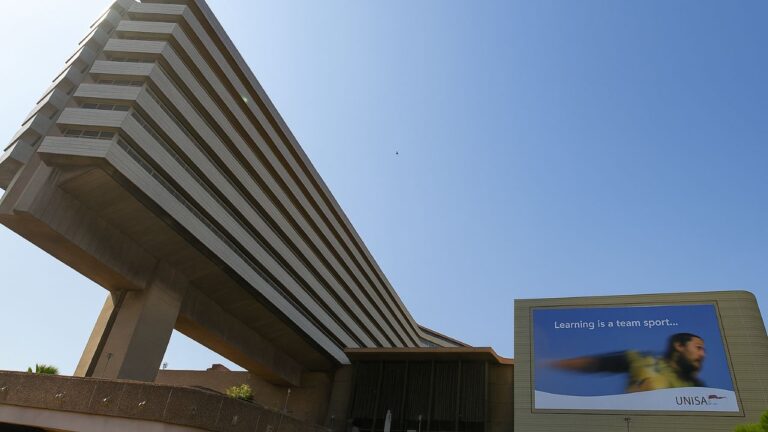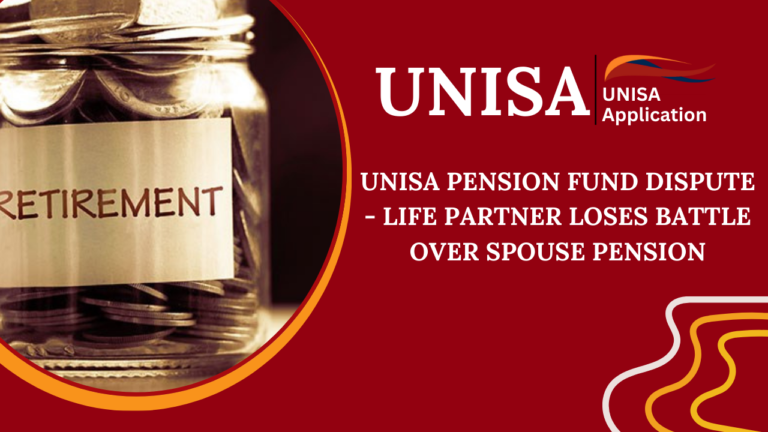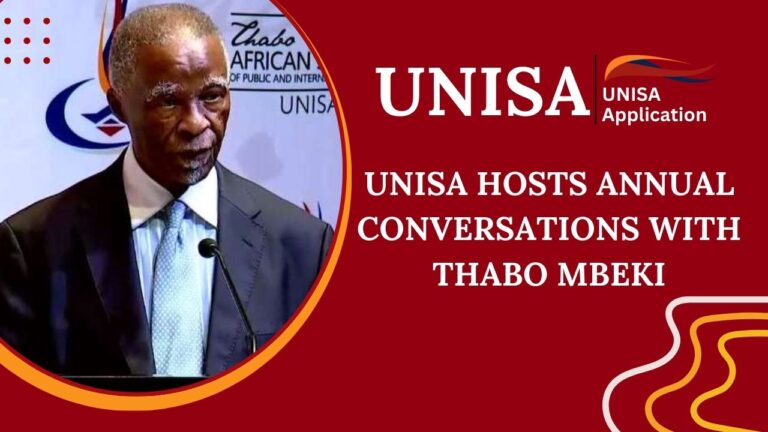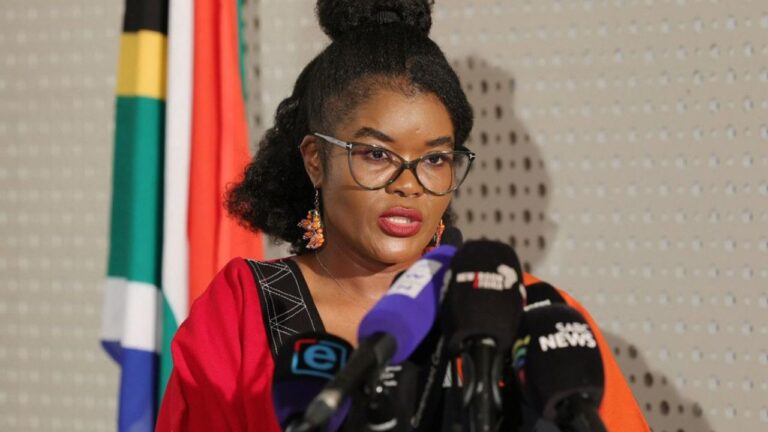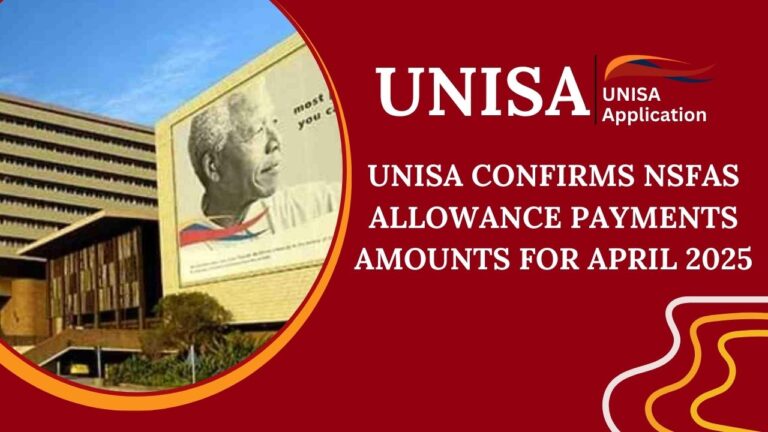UNISA Literacy Project Empowering Communities in Gauteng Through Education
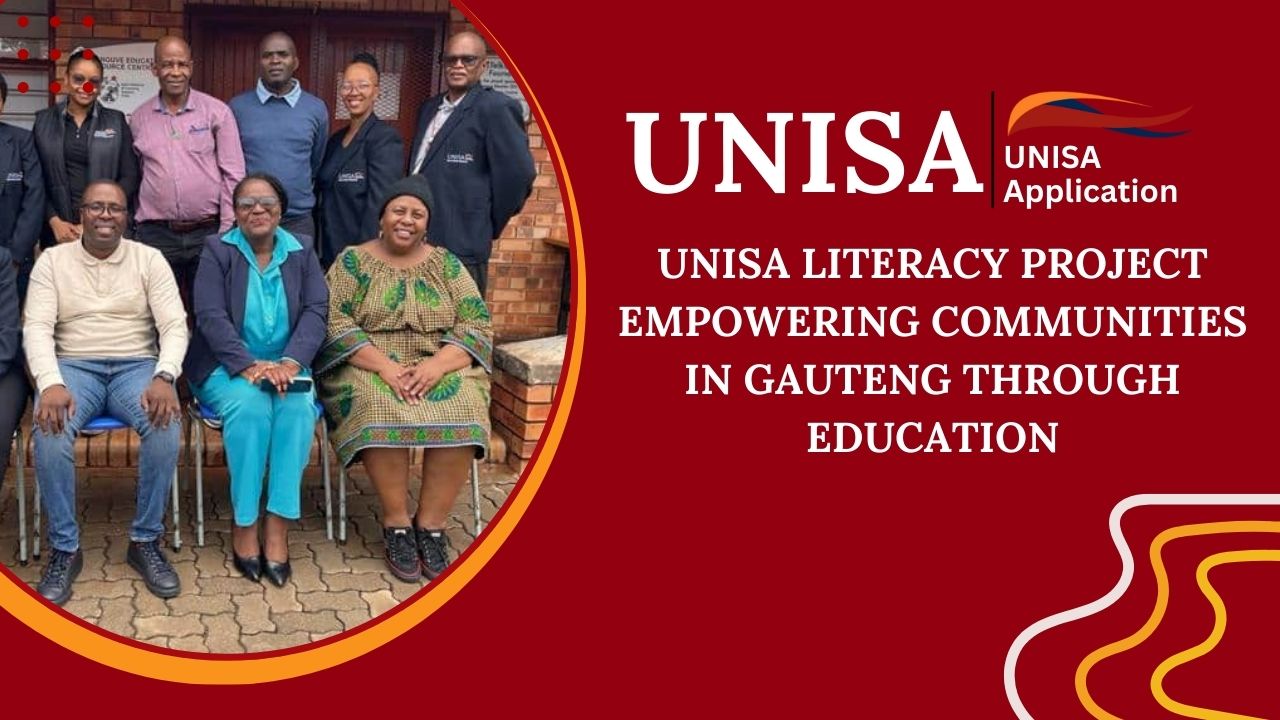
UNISA Literacy Project Empowering Communities in Gauteng Through Education. The University of South Africa (Unisa) has taken a transformative step in empowering communities by launching a literacy project in partnership with the Gauteng Department of Education.
The initiative is specifically designed to uplift learners and educators in Soshanguve and Hammanskraal, equipping them with essential skills that will enhance reading comprehension, digital literacy, and social media proficiency.
Collaboration with the Gauteng Department of Education
Unisa, in collaboration with its College of Education (CEDU), recently engaged with the Gauteng Department of Education at the Soshanguve Teacher Centre. This partnership aims to enhance education development and literacy empowerment within these underprivileged communities.
Speaking on the initiative, Unisa spokesperson Maphoshane Marodi emphasized that the project is structured around three key objectives:
- Enhancing Reading Comprehension: Educators will be trained in strategies that help learners read for meaning, ensuring better comprehension and improved academic performance.
- Building Social Media Literacy: Both educators and learners will gain knowledge on using social media responsibly, facilitated by the Communication and Marketing Unit.
- Advancing Digital Literacy: Educators will be introduced to digital literacy skills, a component facilitated by the Technology Enhanced Learning Unit.
“This project will also benefit students studying through Unisa and residing within these communities,” Marodi added.
Driving Innovation Through Education
Local Department Director Dr Musa Hlongwane expressed gratitude for Unisa’s initiative, noting that it would play a significant role in advancing education while fostering stronger partnerships.
An exciting development within this initiative is the introduction of robotics and coding into the school curriculum. The Gauteng Department of Education has been working on developing a subject related to robotics and coding, and they hope to integrate it into the literacy project to prepare learners for the Fourth Industrial Revolution (4IR).
Expanding the Project’s Impact
Dr Smangele Ntuli, project leader and head of Facilitation of Learning in the Gauteng region, highlighted that there are plans to expand the initiative to include other key stakeholders. The inclusion of the Counselling and Career Development Directorate could play a pivotal role in addressing social challenges affecting these communities.
“We hope that this project will grow to involve more partners who can contribute to addressing the social ills in our communities through education and literacy,” said Ntuli.
Research and Long-Term Educational Impact
From Unisa’s perspective, this initiative forms part of holistic engaged scholarship, ensuring that education is not just about classroom learning but about community transformation. Dr Ntuli also mentioned that the project’s findings and impact will be documented in a research article, which will help generate new knowledge and highlight the importance of literacy in socio-economic development.
Call to Action
Education is a powerful tool for change, and initiatives like this Unisa literacy project are essential in addressing educational challenges and fostering skills development in South Africa’s communities.
Conclusion
The Unisa Literacy Project is a beacon of hope for many learners and educators in Soshanguve and Hammanskraal. By fostering reading comprehension, digital skills, and social media literacy, this initiative is paving the way for future educational success. With continuous support and collaboration, Unisa remains committed to transforming education and uplifting communities in South Africa.


